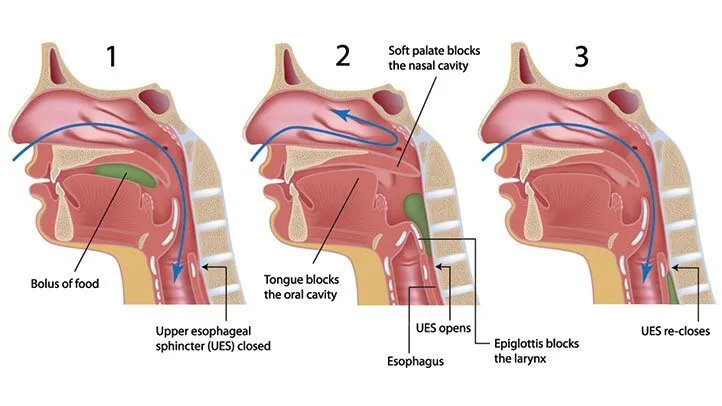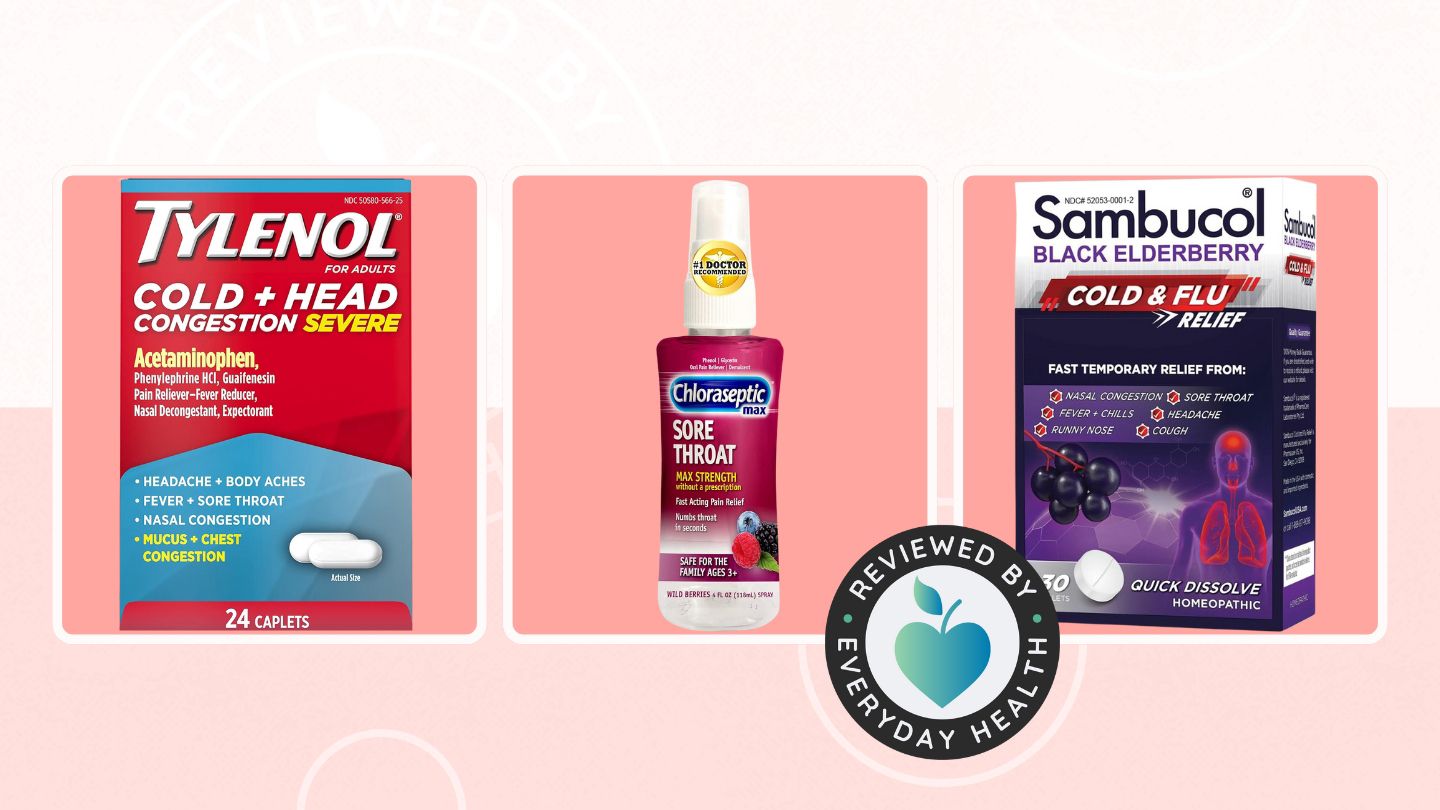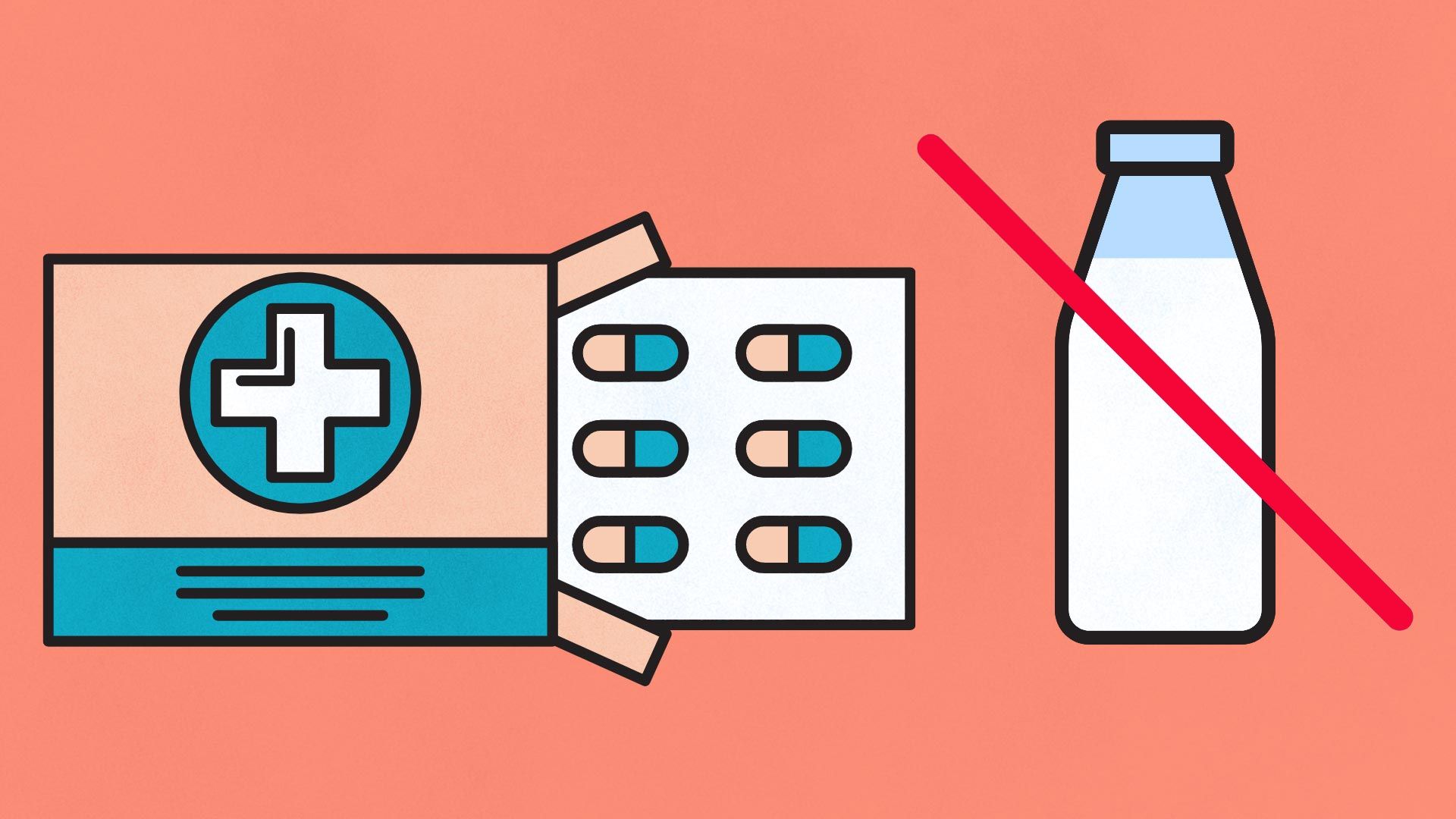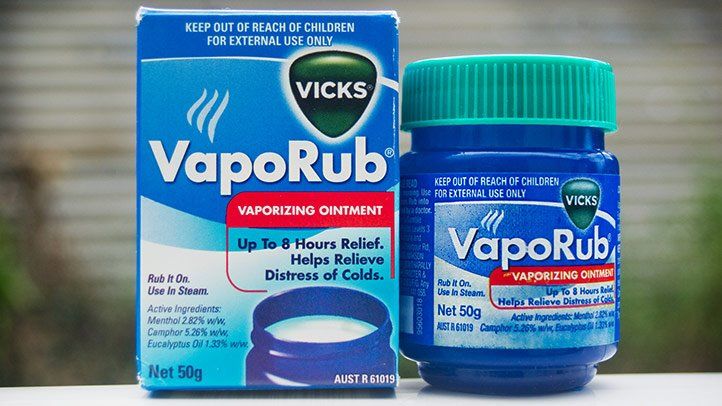Using Cough Drops and Tea to Soothe Coughs and Sore Throats
Coughing is the body's natural reflex to try to expel mucus and irritants from the lungs and throat. While occasional coughing is normal, excessive or persistent coughing can be annoying and uncomfortable. Luckily, you may already have some effective cough remedies in your kitchen, like cough drops and tea.
Why Try Putting Cough Drops in Tea?
Dissolving cough drops in hot tea can provide immediate and longer lasting relief for sore throats and coughs. Here's why it works:
- The steam from the tea helps loosen mucus.
- Ingredients like menthol, eucalyptus, and honey coat and soothe the throat.
- Warm fluids help thin out mucus allowing you to cough it up more easily.
- Cough drops provide symptom relief as the ingredients dissolve slowly.
- Drinking warm liquids prevents dehydration from excessive coughing.
Choosing the Best Cough Drops for Tea
Look for cough drops containing demulcents like honey or pectin which protect and coat irritated throat tissues. Menthol and eucalyptus also provide a cooling sensation and help thin mucus.
Avoid drops with just sugar as they can irritate the throat further. Check labels for artificial colors and flavors as well if you have sensitivities.
Tea Options for Soothing Coughs
Certain teas make the perfect base for dissolving cough drops:
- Black tea - Helps restore hydration and contains caffeine to potentially improve cough reflex.
- Chamomile tea - Calms inflammation and discomfort with its soothing, anti-spasmodic properties.
- Ginger tea - Soothes nausea that may accompany coughing fits and has anti-inflammatory effects.
- Green tea - Contains antioxidants that support immune health and fight infection.
- Herbal blends - Look for cough-relieving ingredients like licorice root, marshmallow root, slippery elm, and more.
- Peppermint tea - Menthol provides a cooling sensation to help suppress cough reflex.
How to Make Cough Drop Tea
Making tea with cough drops is simple:
- Boil water and pour into a large mug.
- Select your choice of tea bag or loose leaf tea and steep for 5 minutes or so.
- Add 2-3 cough drops to the hot tea and stir until fully dissolved.
- Sweeten with a bit of honey if desired for additional soothing effects.
- Slowly sip the tea, allowing the vapor to penetrate the back of your throat.
- Drink hot, warm, or at room temperature depending on personal preference.
Tips for Maximizing the Benefits
Follow these tips to get the most relief from cough drop tea:
- The hotter the tea the more soothing vapor it will produce.
- Always check that cough drops are fully dissolved before drinking to prevent choking.
- Rest your voice as much as possible when you have a sore throat.
- Use cough drops even when not drinking tea for longer lasting effects.
- Drink at least 8 ounces of fluid with each cough drop to prevent choking.
- Combine cough drops with other remedies like lemon, garlic, vinegar, etc.
Precautions When Using Cough Drops and Tea
While this simple home remedy is often effective and safe, keep these precautions in mind:- Discontinue use if irritation or discomfort develops.
- Avoid giving honey to infants under 12 months old due to infection risk.
- See your doctor if symptoms last longer than 1-2 weeks or make it hard to sleep or function.
- Don't take other oral cough medications when using cough drop tea.
- Check with your doctor before using if you have diabetes or hypertension.
Other Remedies to Help Relieve Coughs
In addition to cough drop tea, try these evidence-based home remedies to find cough relief:
Honey
Honey coats and protects sore throat tissues while fighting infection. Take a spoonful straight or add it to tea, lemon water, etc.
Salt Water Gargle
Gargling with warm salty water pulls mucus forward helping expel it more easily. It reduces throat swelling too.
Chicken Soup
Warm broth soothes throat pain while hydrating. Garlic and onions may also have antimicrobial and anti-inflammatory effects.
Peppermint Essential Oil
Inhale peppermint oil straight from the bottle or add a few drops to a diffuser or steamy shower for natural menthol vapor.
Marshmallow Root
Traditionally used to treat sore throats and coughs, marshmallow root contains mucilage which coats and protects throat tissue.
Bromelain Enzyme
Found naturally in pineapples, bromelain exhibits cough suppressing properties while thinning out excessive mucus.
Know When to Seek Medical Care
While home remedies can treat minor coughs, consult your doctor right away if you experience:
- Cough lasting longer than 3 weeks
- Cough producing blood or yellow/green mucus
- Wheezing, chest pain, or difficulty breathing
- Fever above 100.4F (38C)
- Severe sore throat impacting ability to swallow
Proper medical diagnosis and treatment ensures more serious conditions like pneumonia or bronchitis dont go overlooked.
Wrap Up
Sipping hot tea infused with soothing cough drops represents an easy home remedy to help suppress coughing. Combining the vapor from steaming fluids with cough-relieving ingredients like menthol, licorice, honey, and eucalyptus reduces throat irritation and loosens bothersome mucus.
Drink cough drop tea as needed for relief from coughs and sore throats while also employing other evidence-based remedies. Seek medical attention promptly if severe or persisting symptoms arise.
FAQs
What types of tea work best?
Black tea, ginger tea, peppermint tea, chamomile tea, and throat-soothing herbal blends make great bases for dissolving cough drops.
What cough drop ingredients provide the most relief?
Look for menthol, eucalyptus, honey, pectin, licorice root, etc. Avoid drops that just contain sugar.
How many cough drops should you add to tea?
2-3 cough drops per large mug of tea is recommended. Always stir well and drink liquids to prevent choking.
Is this remedy safe for children?
Do not give honey to children under 12 months. Beyond that age, discuss options with your pediatrician and supervise use.
Disclaimer: This article is for informational purposes only and does not constitute medical advice. Always consult with a healthcare professional before starting any new treatment regimen.
Related Coverage
Mucus plays a protective role, and swallowing it is harmless as it gets broken down. But excess mucus or changes in color may indicate lung infections....
Want to buy Actifed for colds without a prescription? Understand age limits, purchase quantities, ID requirements, and tips to easily get Actifed over the counter....
An onion honey pot harnesses the medicinal benefits of onion and honey to relieve coughs. Learn how to make this traditional remedy at home....
From tumors to parasites to gruesome infections, doctors encounter many grim medical pictures. See some of the strangest images and the conditions behind them....
Cut through the conflicting advice about carbs with tips on choosing quality whole food carbs in proper portions for weight loss, blood sugar control, energy and health....
Ibuprofen and Mucinex attack different cold symptoms without interacting. Learn how pairing these over-the-counter medications provides comprehensive relief....
Discover the science behind using onion juice blended with raw honey as a traditional cold and cough remedy. Understand benefits, preparation tips, safety and more....
Vapor baths provide natural relief for stuffy nose congestion. Inhaling warm, moist air helps thin mucus, soothe inflammation, and clear stuffiness....
Learn how over-the-counter medications, antivirals, home remedies and responsible health precautions can relieve miserable symptoms while speeding recovery from colds and flu....
Learn about the risks and benefits of using Vicks VapoRub in bathwater. Understand safety concerns over camphor and other ingredients when heated and inhaled....









